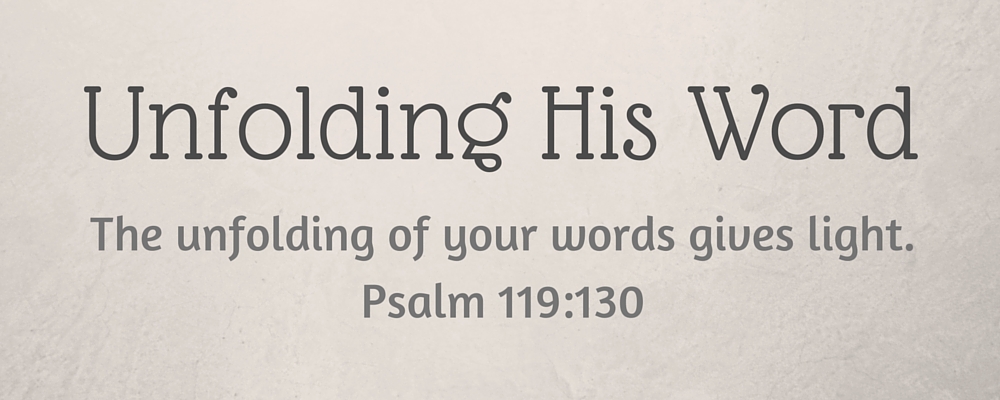This article first appeared July 10, 2015 on Unlocking the Bible and is reprinted by permission.
Years ago, to choose a Bible study for a Sunday school class or small group, we simply walked into a local Christian bookstore and thumbed through the workbooks available on the shelf. The authors were familiar names, and their teachings easily matched one Christian denomination or another. Today, that selection process is far more complicated. The growth of the internet has greatly increased the number of available Bible study materials. Do a google search on a popular Christian topic, and you’ll find e-books, print books, blog posts, podcasts, online sermons, and more.
Like many teachers and Bible study leaders around the country, I look for new books two or three times each year. This is a great responsibility that I take very seriously. First, I pray about the new materials and ask the Lord for guidance. Though I have some favorite authors and publishers, I ask myself a series of questions as I try to focus on the best materials for our small group. If I find materials that seem appropriate for my group, I share them with my pastor to be sure he doesn’t see any red flags I might be missing.
Below are the questions I ask as I consider books for my small group. Answering these questions has led us to wonderful Bible studies such as the Becoming a Woman Of… series by Cynthia Heald, among others. This list is only a starting point, so please add your ideas below.
Question 1. Is the study based on the Bible or on opinion?
When selecting a new Bible study, I’m watching for how often the author asks me to refer to the Bible. This doesn’t mean a study has to be a verse-by-verse exposition to be good. It should, however, be based on the truths of scripture, and it should be specific regarding where in the Bible that truth is found.
The account of Philip teaching the Ethiopian eunuch is a great example of using scripture to teach. From Acts 8:29-31, 35:
And the Spirit said to Philip, “Go over and join this chariot.” So Philip ran to him and heard him reading Isaiah the prophet and asked, “Do you understand what you are reading?” And he said, “How can I, unless someone guides me?” And he invited Philip to come up and sit with him.
Then Philip opened his mouth, and beginning with this Scripture he told him the good news about Jesus.
Philip used scripture to explain how the good news would change the eunuch’s life. He started with the very passage that the man was reading and explained to him what the Bible said about Jesus.
I want a Bible study to point me to the Bible itself and then show me what that means for my life and my world.
Question 2. Does the doctrine match my understanding of the Bible?
Scriptures can be taken out of context or twisted to mean anything an author wants to say. We’re warned to be careful when it comes to things that are “hard to understand” so that we don’t fall for error.
Referring to Paul’s letters where Paul teaches about end times, Peter issues this warning in 2 Peter 3:16b-17:
There are some things in them that are hard to understand, which the ignorant and unstable twist to their own destruction, as they do the other Scriptures. You therefore, beloved, knowing this beforehand, take care that you are not carried away with the error of lawless people and lose your own stability. But grow in the grace and knowledge of our Lord and Savior Jesus Christ. To him be the glory both now and to the day of eternity. Amen.
Beware a Bible study that forces a verse to fit the lesson as opposed to one that allows the lesson to fit the Bible verse, especially in topic areas that might be hard to understand. Asking the pastor or elders of your church to review the Bible study curriculum will help avoid accidentally leading your small group into theological debates that are not likely to end well.
Question 3. Is the book’s design appropriate for my small group?
Knowing the members of my group goes a long way in selecting the right material. A group of young adults will learn from a different writing style than a group of adult women or men. A group with mixed genders will appreciate different content than a group made up of stay-at-home moms with young children.
When I review a potential book, I often answer this third question by asking a few more:
- Is the book readable?
- Is the content organized and orderly?
- Do the discussion questions lead to deep personal reflection?
- Is the length of the book manageable?
- Can the study be completed in the allotted number of weeks?
These three questions help me navigate the enormous world of Bible study materials that are available today. What else do you look for in a new study?

